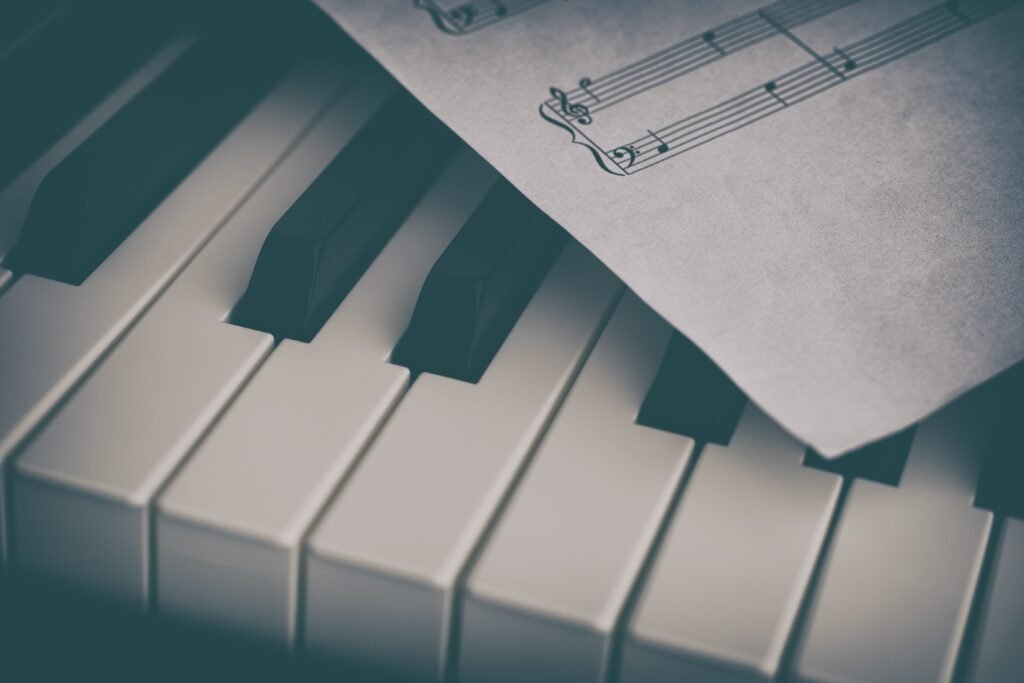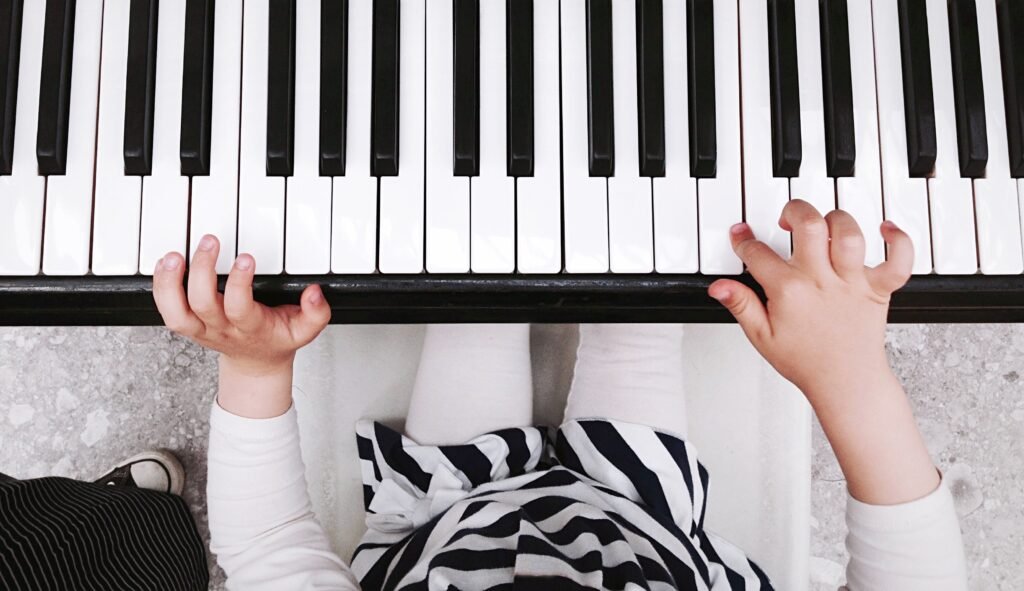Keys to Memories: How the Piano Helps Alzheimer’s Patients Rediscover Harmony
In the intricate tapestry of Alzheimer’s disease, where memories fade and cognitive functions decline, the piano emerges as a beacon of hope, offering solace and stimulation to those navigating the challenging terrain of dementia. Through its therapeutic power, the piano transcends the barriers of the mind, tapping into the reservoirs of memory and emotion that Alzheimer’s often obscures. Let’s explore how the piano becomes a catalyst for healing and connection in the lives of Alzheimer’s patients:
1. Stimulating Cognitive Functions: Playing the piano engages various cognitive functions, including memory, attention, and executive function, which are often impaired in Alzheimer’s patients. Even individuals in advanced stages of the disease can experience moments of clarity and mental stimulation when interacting with the piano. Whether it’s recalling familiar melodies or navigating musical patterns, the act of playing the piano stimulates neural pathways, promoting cognitive preservation and enhancing overall brain health.
2. Evoking Emotional Memories: Music has a unique ability to evoke emotional memories, bypassing the cognitive barriers erected by Alzheimer’s and tapping directly into the emotional centers of the brain. For Alzheimer’s patients, familiar tunes from their past can trigger memories and emotions long thought to be lost. Whether it’s a beloved childhood melody or a favorite song from their youth, the piano becomes a vessel for reminiscence, allowing patients to reconnect with their personal history and find comfort in familiar melodies.
3. Fostering Social Connection: The piano serves as a catalyst for social interaction and connection among Alzheimer’s patients, caregivers, and loved ones. Group music therapy sessions centered around the piano provide a supportive environment where participants can engage in meaningful musical experiences together. Whether it’s singing along to familiar songs or playing duets with fellow participants, the piano creates opportunities for social engagement and emotional bonding, fostering a sense of community and belonging.
4. Enhancing Mood and Well-being: Music has a profound impact on mood and emotional well-being, offering solace and comfort in times of distress. For Alzheimer’s patients, the piano provides a therapeutic outlet for expressing emotions and alleviating symptoms of anxiety and depression. Whether it’s playing soothing melodies to promote relaxation or upbeat tunes to uplift spirits, the piano becomes a source of emotional support and resilience, empowering patients to navigate the challenges of Alzheimer’s with grace and dignity.
5. Empowering Self-Expression: Despite the cognitive limitations imposed by Alzheimer’s, the piano empowers patients to express themselves creatively and authentically. Whether through improvisation, composition, or simply playing familiar tunes, the act of making music allows patients to reclaim their voice and assert their individuality in a world that often feels fragmented and confusing. Through the piano, patients find a sense of purpose and agency, rekindling their passion for music and creativity.
In conclusion, the piano emerges as a powerful ally in the fight against Alzheimer’s disease, offering therapeutic benefits that transcend the boundaries of memory loss and cognitive decline. Through its ability to stimulate cognitive functions, evoke emotional memories, foster social connection, enhance mood and well-being, and empower self-expression, the piano becomes a beacon of hope and healing for Alzheimer’s patients and their caregivers alike. As we continue to unlock the healing potential of music in Alzheimer’s care, let us embrace the piano as a key instrument in restoring harmony and dignity to those affected by this devastating disease.


